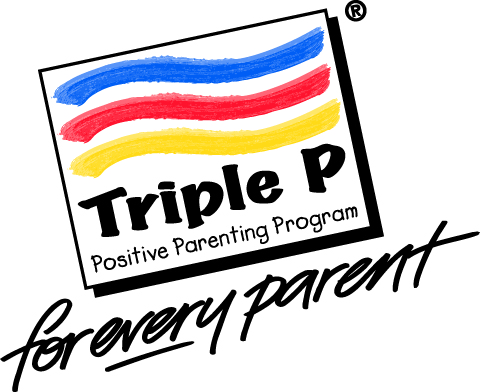Triple P Parenting Classes
Early County Family Connection offers Triple P Positive Parenting Program® classes. These classes have proven effective in tackling children’s behavioral, emotional, and developmental challenges by enhancing parents’ understanding, abilities, and self-assurance. The program follows a strength-based and introspective approach, highlighting parents’ current strengths. Its flexibility enables it to be applied in different environments with a diverse group of professionals and audiences.

Who Is It For?
Parents or caregivers, with children up to 12 years, interested in general information about promoting their child’s development. The series of seminars can also assist parents with specific concerns about their child’s behavior or development. Parents are likely to benefit if their family is not complicated by significant behavior problems or family stress. This intervention can also be useful as an introduction to the Triple P strategies for families who will access a more intensive intervention.
What Is Covered In Sessions With Parents?
Seminar 1: Positive parenting
Practitioners introduce parents to the five key principles of positive parenting that form the basis of Triple P. These principles are:
- Ensuring a safe engaging environment.
- Creating a positive learning environment.
- Using assertive discipline.
- Having reasonable expectations.
- Looking after yourself as a parent.
Seminar 2: Raising confident, competent children
In this seminar, parents are introduced to six core building blocks for children to become confident and successful at school and beyond. These competencies are:
- Showing respect to others.
- Being considerate.
- Having good communication and social skills.
- Having healthy self-esteem.
- Being a good problem solver.
- Becoming independent.
Seminar 3: Raising resilient children
Parents are introduced to six core building blocks for children to manage their feelings and become resilient in dealing with life stress. These competencies are:
• Recognizing and accepting feelings. • Expressing feelings appropriately.
• Building a positive outlook.
• Developing coping skills.
• Dealing with negative feelings.
• Dealing with stressful life events.
